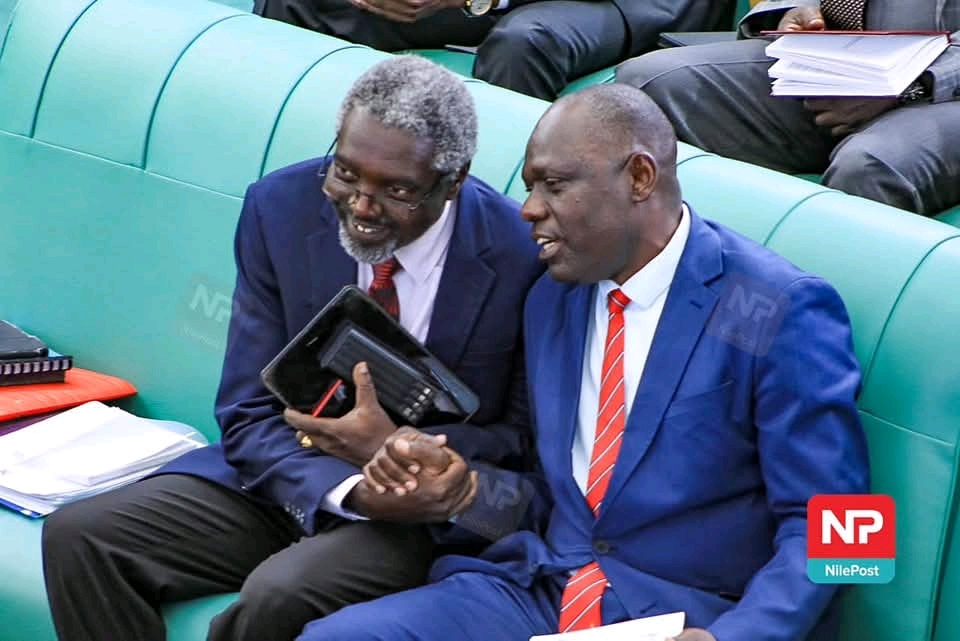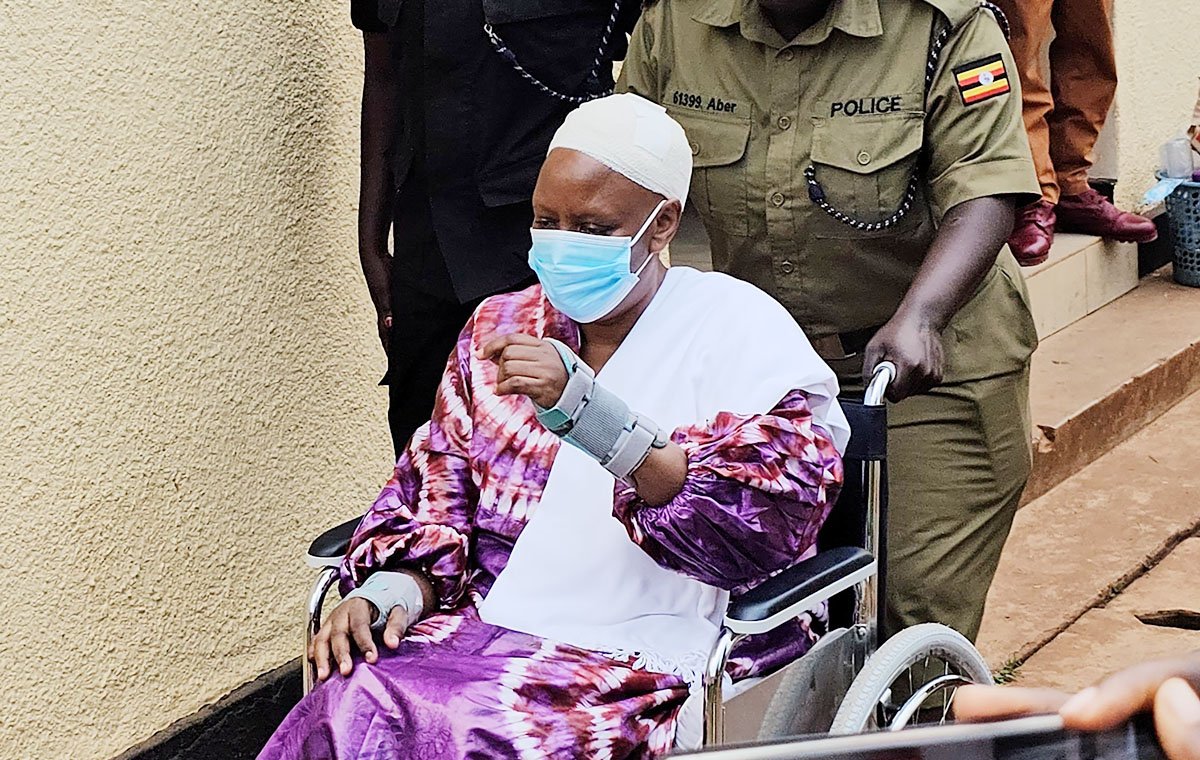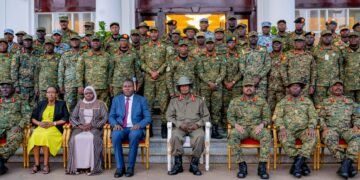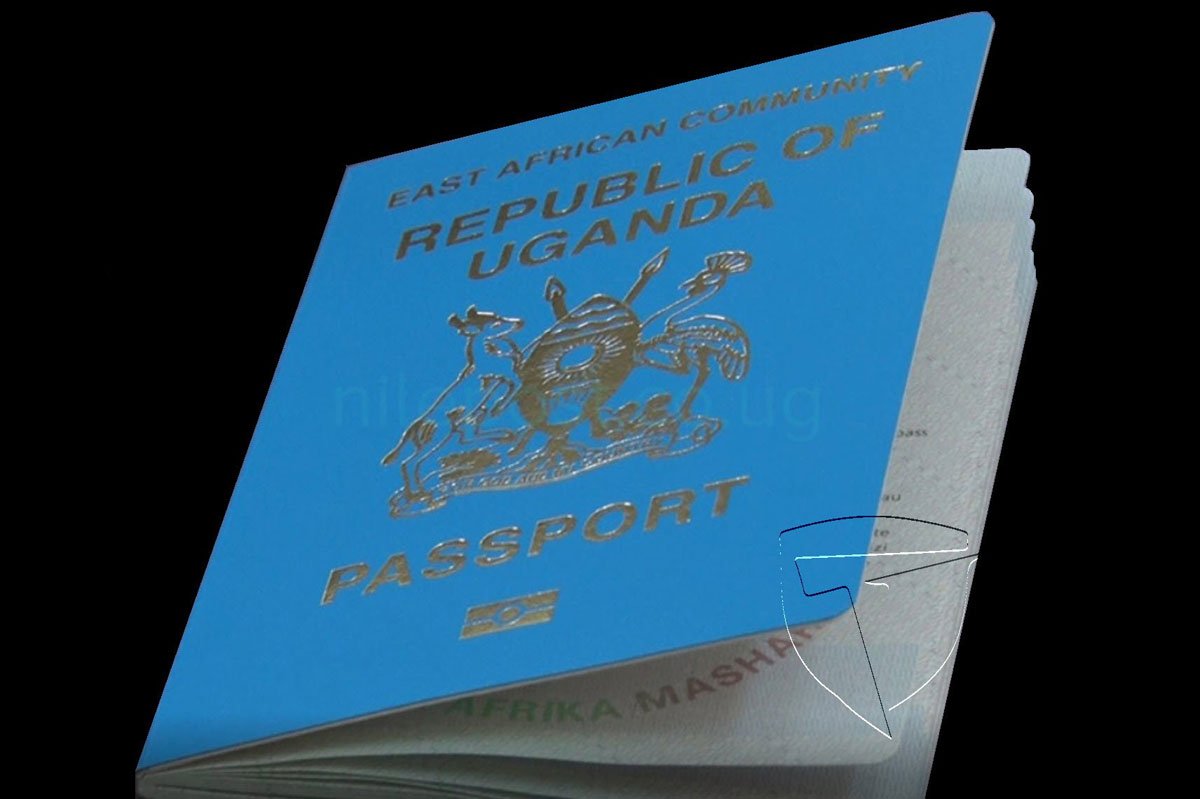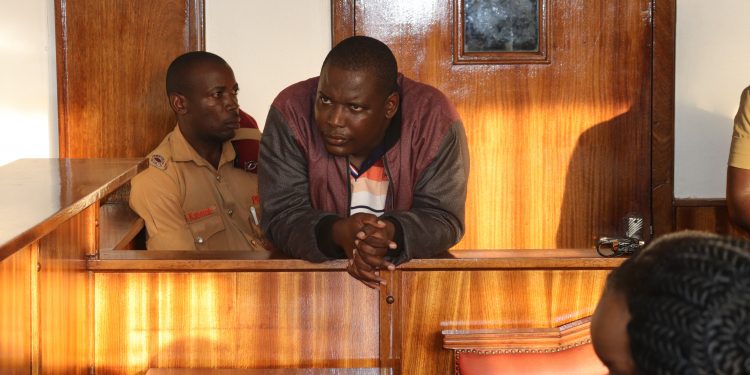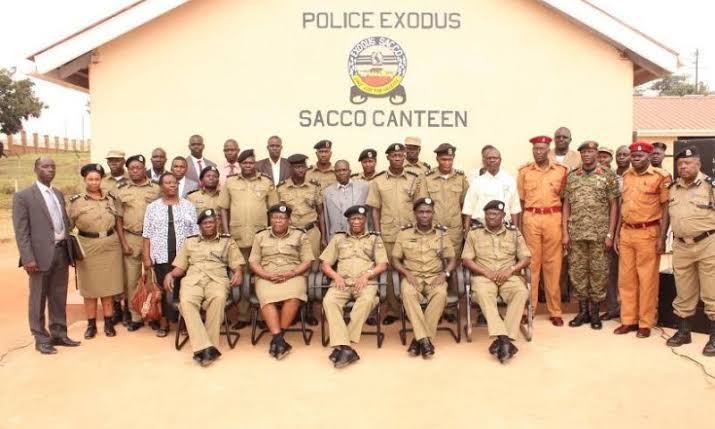A split emerged within Uganda’s opposition ranks on Tuesday as some Opposition Members of Parliament remained in the House while others staged a dramatic walkout in protest of the UPDF Amendment Bill, 2025, and the Political Parties and Organizations Amendment Bill, 2025.
Although the boycott was led by Leader of the Opposition Joel Ssenyonyi, several MPs from opposition parties including the Forum for Democratic Change (FDC), Uganda People’s Congress (UPC), and National Unity Platform’s (NUP) Jimmy Lwanga, stayed behind, defying the coordinated walkout.
The protesting MPs, who exited the plenary session, accused the government of deliberately circumventing a Supreme Court directive requiring meaningful public consultations before enacting laws of national importance.
“This business of ambushing the different stakeholders to bring their input into the bill on the very morning is not consultation as is envisaged under the law,” said Ssenyonyi.
“My colleagues and I are hard pressed to participate in this process. We shall leave you here to process your bill, pretending that you are engaging the input of Ugandans when you’re not.”
The two contentious bills have stirred controversy for weeks, with critics warning that their fast-tracked passage risks undermining constitutional and democratic principles. The UPDF Amendment Bill, 2025 seeks to adjust the military command structure, while the Political Parties and Organizations Amendment Bill proposes stricter regulations on internal party operations and financing.
Despite the boycott and public backlash, the plenary session continued under the stewardship of the Speaker of Parliament, with ruling National Resistance Movement (NRM) legislators pushing the bills through the committee stages.
Legal experts and civil society organizations have echoed the Opposition’s concerns, warning that rushing through such legislation could prompt constitutional challenges and exacerbate political tensions ahead of the 2026 general elections.
The internal rift within the Opposition, however, has raised fresh questions about unity and coordination among the anti-government bloc in Parliament.
As the bills advance, the Opposition has vowed to seek legal redress, accusing the state of consolidating power through undemocratic means masked as reform.


